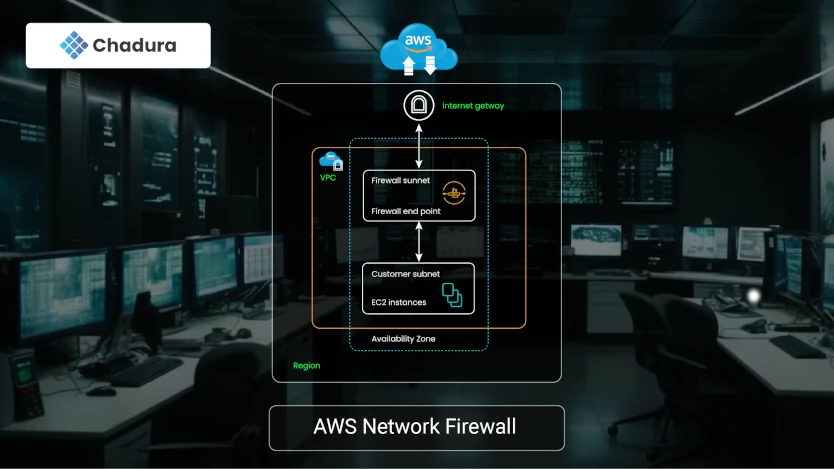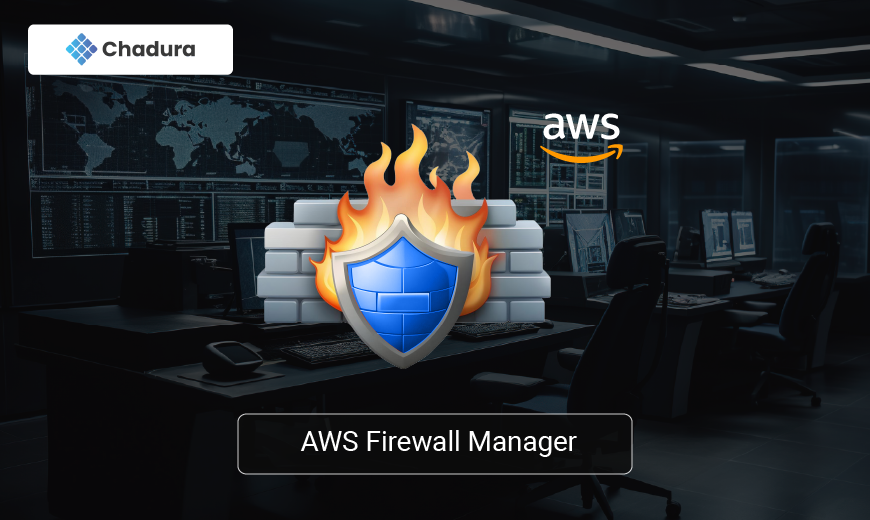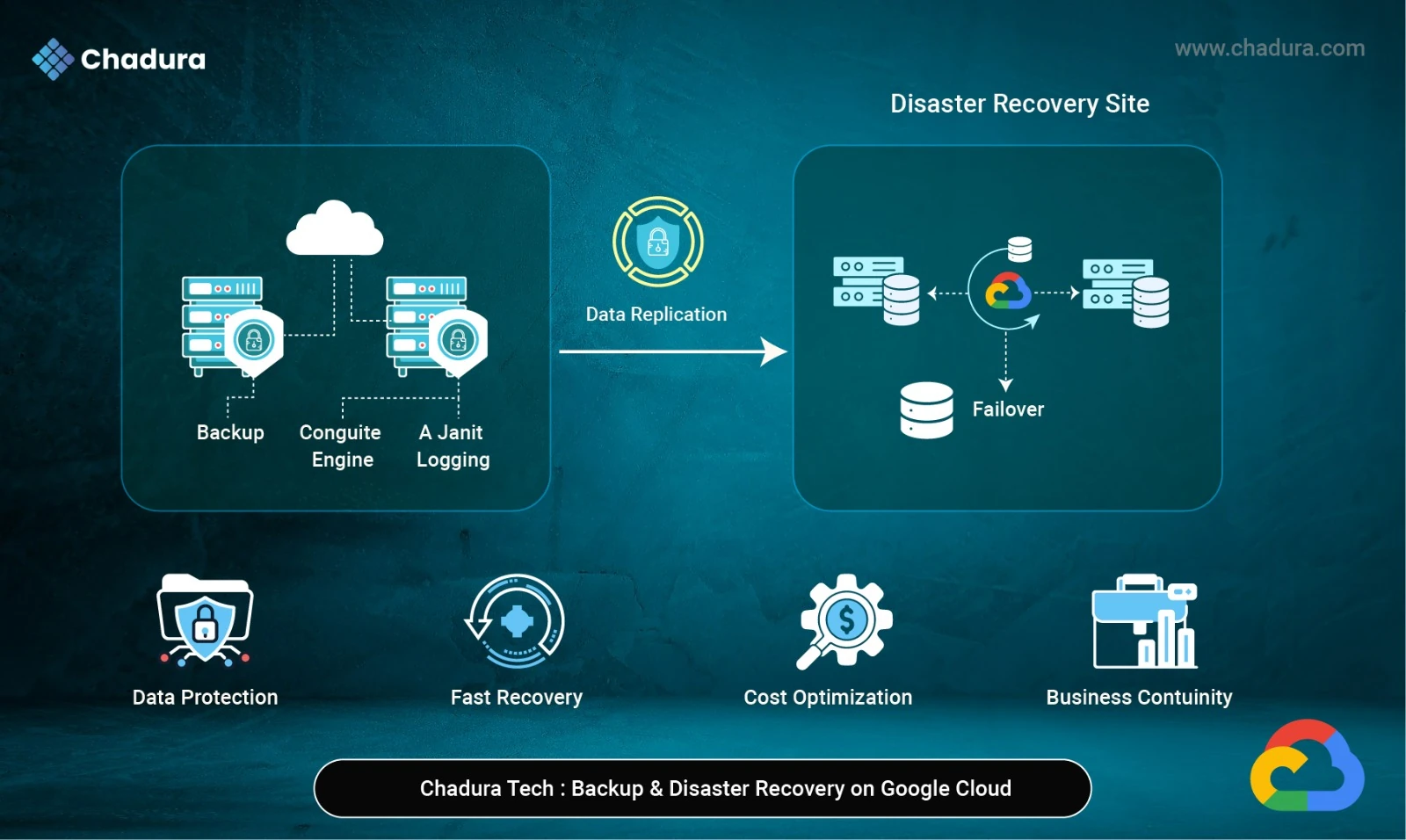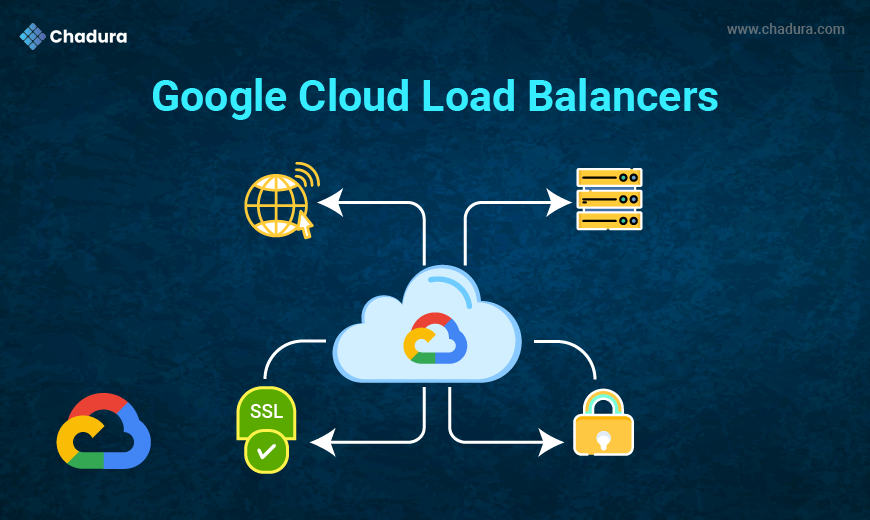AWS Network Firewall
AWS Network Firewall is an AWS service that provides a highly available, scalable firewall with a fully managed architecture. This firewall service lets you apply blanket safeguards to your whole VPC, independent of application type or protocol. This means you may inspect traffic at OSI layers three through seven, from the network layer to the application layer.
Firewall Contains:
- Overview of AWS Network Firewall
- How Does it Work?
- Key Benefits
- Features
- Pricing
- Use Cases

What is an AWS Network Firewall
AWS Network Firewall is an AWS service that provides a highly available, scalable firewall with a fully managed architecture. This firewall service lets you apply blanket safeguards to your whole VPC,
independent of application type or protocol. This means you may inspect traffic at OSI layers three through seven, from the network layer to the application layer.
How Does AWS Network Firewall Work?
AWS Network Firewall is a service that allows you to establish stateful firewalls for your virtual private clouds (VPCs). It controls inbound and outgoing traffic at the subnet level using rules that you set. In addition to inspecting and analyzing network traffic, the firewall can be used in conjunction with security groups and network ACLs to provide extra layers of security.
You can construct your custom rule groups in addition to the pre-configured rule groups provided by Network Firewall. It also integrates with AWS resource tagging, AWS Identity and Access Management (IAM), and AWS Resource Access Manager (RAM) for enhanced security and management.
Key Benefits
- Fully Managed: A fully managed service, such as AWS Network Firewall, handles duties such as rule updates and traffic monitoring automatically. This means you won’t have to manually update your firewall rules or watch your network traffic, freeing up time and resources for other critical duties.
- Flexible Deployments: The service can be used in a variety of different deployment scenarios, depending on your specific requirements. One of the most popular deployment options for AWS Network Firewall is using it as a VPC (Virtual Private Cloud) firewall. This can be useful for protecting your resources within the VPC. Another deployment option for the AWS Network Firewall is to use it as a Transit Gateway firewall.
- Fine-Grained Controls: When it comes to network security, having fine-grained controls is a fundamental advantage of employing a firewall. Fine-grained controls enable you to create specific criteria for incoming and outgoing network traffic, allowing you to secure your resources while allowing valid traffic to get through.
- Partner Integrated: AWS Network Firewall can be integrated with partners. This integration allows you to leverage the expertise and capabilities of these partners to enhance the security of your network traffic.
AWS works with several other partners like Cisco, Check Point, Palo Alto Networks, Fortinet, etc. Allowing these vendors to provide network firewall devices that integrate with Network Firewall to leverage the power of its fully managed service.
AWS Network Firewall is pricing
AWS Network Firewall is priced on a pay-as-you-go basis, which means that you only pay for the resources you use. The pricing for the service is based on the number of firewall rules and the amount of traffic that is processed by the firewall.
There are different prices for different types of traffic that are processed by the firewall, including:
- Internet traffic : Traffic that enters or exits your VPC
- Transit traffic : Traffic that enters or exits your Transit Gateway.
Additionally, prices also vary depending on the region you are using the service in. AWS provides a free tier for Network Firewall, which allows you to process up to 50GB of traffic per month for free. This can be a great way to try out the service and see if it fits your needs before committing to spending any money. It is always recommended to check the pricing page of the AWS Network Firewall service to have the most up-to-date and accurate pricing information. Use Cases of AWS Network Firewall
AWS Network Firewall is a powerful and flexible service that can be used in a wide range of real-world scenarios. Here are a few examples of use cases for the service:
1. Securing a VPC: AWS Network Firewall can be used to create a firewall that is specific to your VPC. This allows you to control the traffic that enters and exits your VPC, which can help you protect your resources, such as EC2 instances or RDS instances, from unwanted access.
2. Managing transit traffic: With AWS, you can create a firewall that controls the traffic that flows between your Transit Gateway and your VPCs, on-premises data centers, and remote networks that are connected to your Transit Gateway.
3. Compliance: The fine-grained controls of the Network Firewall allow you to create rules that are specific to your network traffic, allow you to create rules that are compliant with security standards such as PCI-DSS or HIPAA. This can be especially useful for organizations that are subject to regulatory requirements.
4. Advanced threat protection: The Network Firewall can also be integrated with AWS security services like Amazon GuardDuty and Amazon Inspector, to provide advanced threat protection for your network and infrastructure.
5. Multi-tier architecture: Network Firewall can also support a multi-tier architecture, where you can have multiple layers of firewall, with each layer providing a different level of security.





